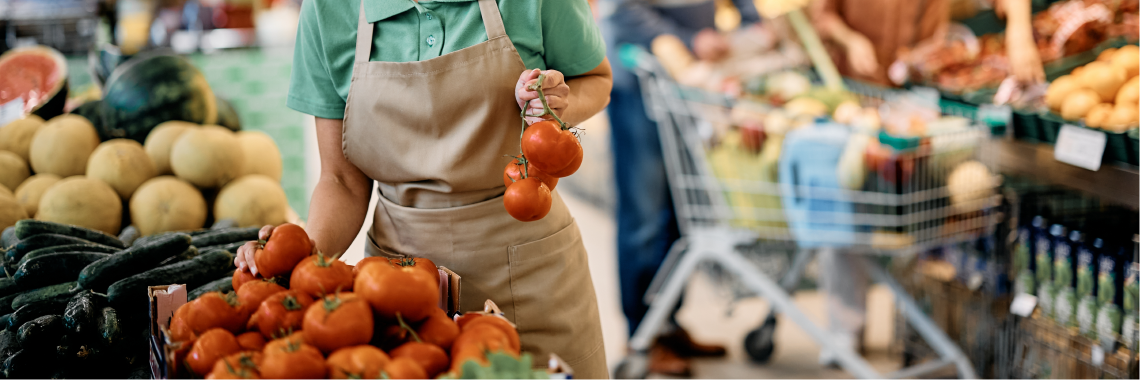This model prioritizes the reuse of materials, recycling and offers benefits for the planet and people.
In the 6 years that Mercado Circular has been operating, more than 1 million 375,000 containers have been reused. It means that when you reuse, you are basically stopping producing those 1 million 375,000 containers and that, multiplied by the weight of the container, translates into 217 tons of plastic.
In a context of growing environmental awareness, the adoption of a sustainable economy model has become imperative for companies. The transition to a circular economy, which prioritizes reducing consumption, reusing materials and recycling, offers multiple benefits for both the planet and people, while remaining economically viable.
One of the main benefits of implementing a sustainable economy model with refill machines in supermarkets is the significant reduction of waste. These reuse models allow an immediate impact on waste reduction and offer companies the opportunity to adopt more environmentally conscious practices. Mercado Circular, for example, gives companies the possibility of working with traditional models such as refill, but in a technological and certified way, ensuring the quality and safety of products for consumers, explained Paolo Mazza, CEO of Mercado Circular.
From an economic perspective, reuse models are more economical for the consumer, generating a virtuous circle where less packaging is consumed and products are purchased at a more accessible price. In addition, these refill machines make it possible to educate and provide new purchasing experiences, better connecting with consumers and differentiating companies in the market.
For distribution channels, there are also tangible benefits, since these models allow measuring concrete actions in favor of sustainability, selling products more efficiently and generating levels of loyalty, detailed Paolo Mazza.
Innovation and sustainability in IP
Innovation plays a crucial role in the development and promotion of sustainability in private industry, to drive this transition towards more sustainable practices, a collective approach involving the private sector, academia and government is necessary.
In the private sphere, innovation in sustainability is driven by reuse models, which respond to growing consumer demand and offer a more responsible way to access products. Technology plays a fundamental role in ensuring product quality and safety, enabling traceability and offering new shopping experiences.
Academia and universities play a crucial role in guiding the development of innovative solutions and adapting them to the specific needs of each industry. For its part, the government must establish a clear regulatory framework and promote policies that promote the adoption of sustainable practices, creating an environment conducive to the growth and expansion of these models, commented the CEO of Mercado Circular.
Challenges and obstacles
Despite the obvious benefits, the transition to a sustainable economy faces challenges, for example the cultural change necessary to adopt more circular practices. Companies must decide when to take the first step towards this transition and how to adapt their existing value chains.
In the case of Mexico, there is great potential for the adoption of sustainable practices, but greater collaboration is required between the private sector, academia and the government. It is crucial to establish clear standards and work together.
Measures to overcome challenges and promote sustainability
According to Paolo Mazza, to overcome these challenges, it is necessary to implement measures and strategies that promote the adoption of sustainable practices in the supermarket sector. One of the key initiatives is to incorporate refill alternatives in products that generate a large impact on waste, such as plastic packaging. It is important to enable economic incentives for consumers, such as lower prices for refil products.
The adoption of sustainable practices in the supermarket sector represents a challenge but also an opportunity to promote sustainable economic development and guarantee a more prosperous future for future generations.
Source at https://www.eleconomista.com.mx

